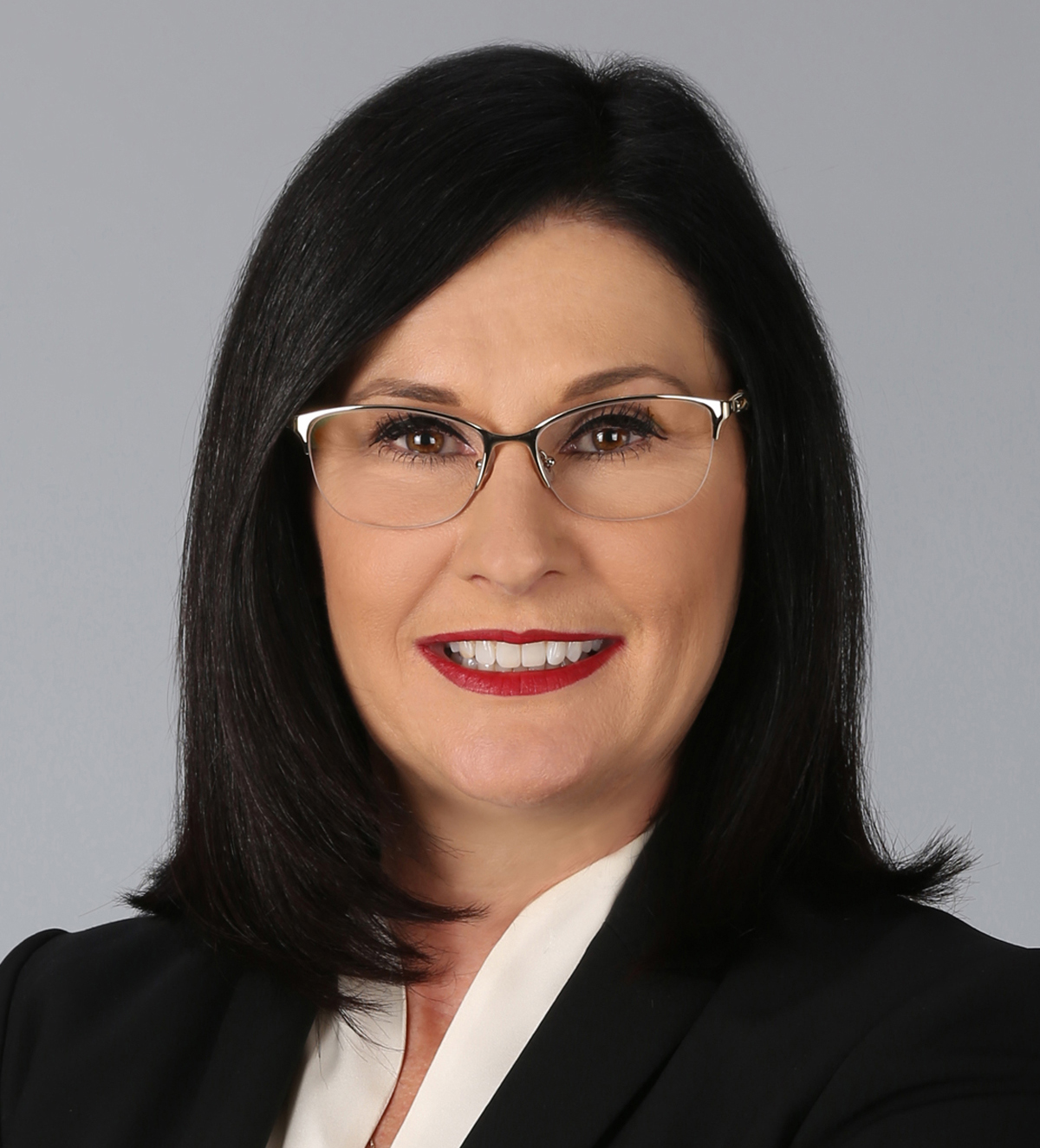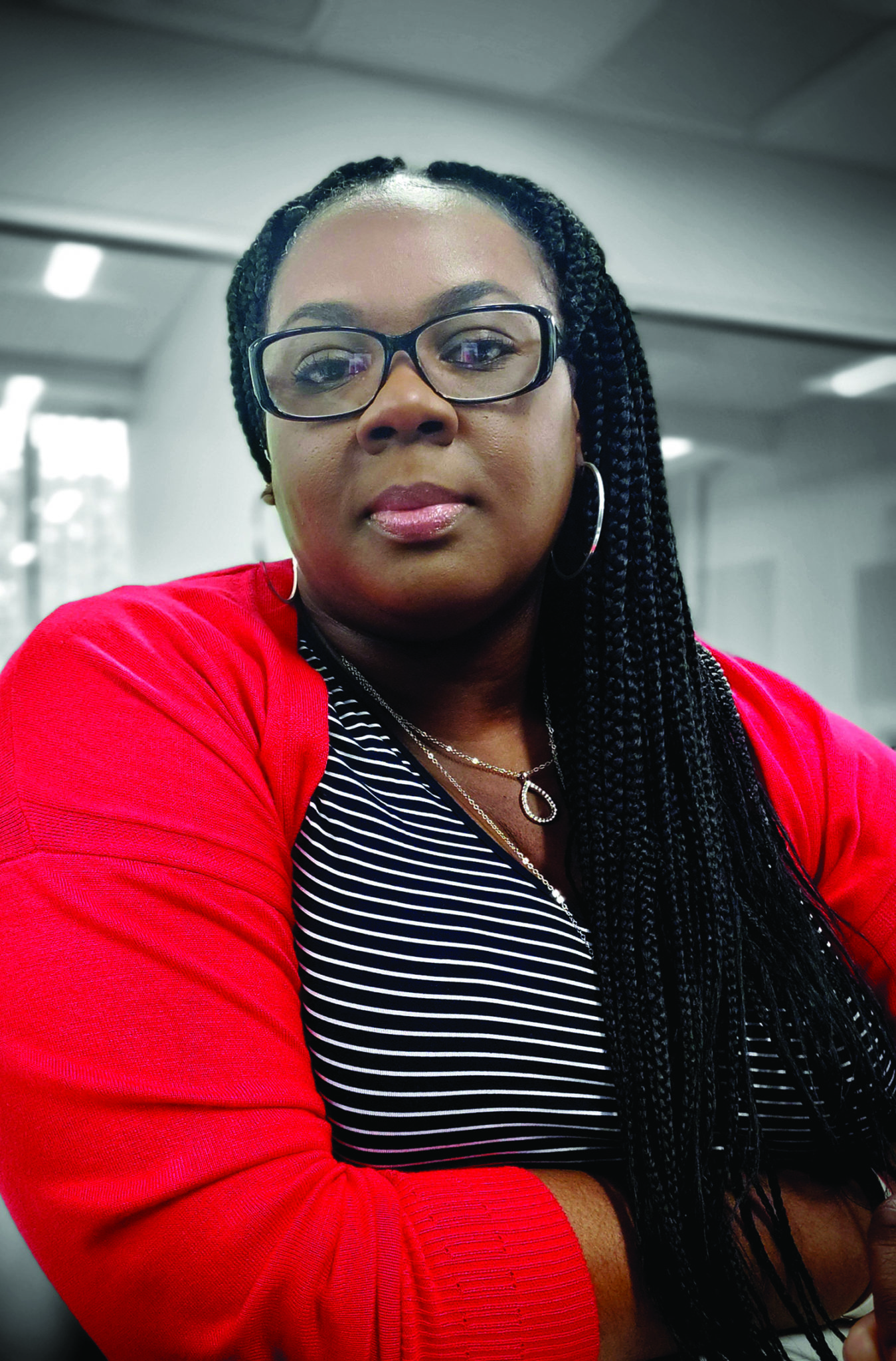[vc_row css_animation=”” row_type=”row” use_row_as_full_screen_section=”no” type=”full_width” angled_section=”no” text_align=”left” background_image_as_pattern=”without_pattern”][vc_column width=”2/3″][vc_column_text]
As I wrote my column in March for the April issue, the COVID-19 virus was just starting to wreak havoc in the United States. I likened it to a black swan event, so named because black swans didn’t seem to exist until they were one day discovered. Unfortunately, we didn’t get one black swan, we seemed to get a massive flock that blotted out the sun. It’s also so different than getting hit by a hurricane, which envelops us with fury. These days we can be walking by a hospital on a sunny day as people fight for their lives inside.
The toll on human lives is heartbreaking, and the havoc in the business worlds seems incalculable.
I had written in April how Carnival Cruise Lines had dropped to $12.81 during the Great Recession. On April 2, it hit $7.80. As I write this, it had risen to $11.96. We should all be so fortunate, like Carnival, to have Saudi Arabia’s Public Investment Fund and big institutional buyers come to the rescue. I delve into the outlook for cruise lines in an article in this issue. The industry needs to do what a lot of other hospitality, airlines and sports teams ultimately need to do: Show customers that it’s safe to return en masse.
Governments need to do comprehensive testing, so we really know what’s going on in the population in general. As I write this column, it’s not happening. In the weeks until you get this issue, I hope that changes.
The federal government is throwing trillions of dollars to help revive the economy. Thankfully, members of Congress who beat up previous administrations for Great Recession bailouts realized the importance of doing so this time plus providing more direct assistance to our citizens.
My concern is that some businesses still won’t come back despite all the assistance. We seemed poise for epic changes in how we do business. I think a lot about how we do business and real estate.
The push for social distancing has left many professionals, including me, fully functioning in home offices. Companies may start to rethink just how many people need to be working from offices. How will that impact the office market? Will the trend of open workspaces with people working in close proximity still work? The We Work model was struggling before COVID-19; how well can it survive?
Owning distribution centers populated by Wal-Mart and Amazon seems pretty good. Do you want to own a REIT with malls? I had a painful experience with one, but got out before it sank all the way to 85 cents a share.
Retail and its related real estate is turning in to haves and have-nots. I read a Seeking Alpha column today that said, “The Retail Apocalypse is Accelerating.” In the past 10 years, the share prices of Macy’s and Kohl’s were each down 75 percent. On the other hand, retailers like Wal-Mart, Target, Lowe’s and Home Depot seem better positioned.
I’m waiting to see what happens with hotels. A lot will depend on who owns them and how the financing is structured. During the Great Recession, there was a wave of commercial mortgage backed security defaults. Some hotels were taken over by their lenders, but by and large continued to operate pretty smoothly. It’s probably a good thing that Michael Dell owns the Boca Raton Resort & Club. It’s also great to see his foundation donated $100 million to help combat the pandemic.
I’m hoping SFBW can help businesses get through this. We have an array of how-to articles regarding COVID-19 in this issue and we started publishing a daily newsletter that is designed to be helpful and inspirational. You can sign up at sfbwmag.com—just look for “Newsletter Signup” at the top of the page.
I wish our readers well in these challenging months and invite feedback via [email protected].
[/vc_column_text][/vc_column][vc_column width=”1/3″][/vc_column][/vc_row]










